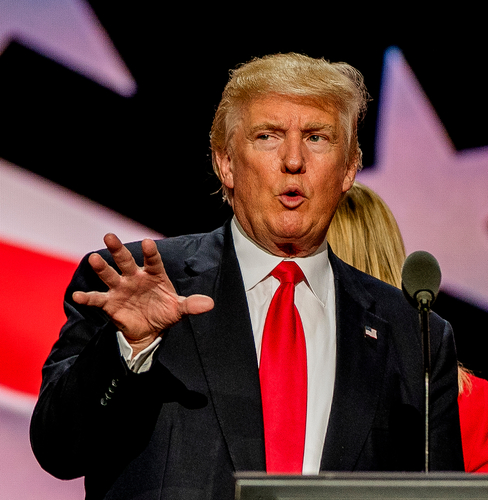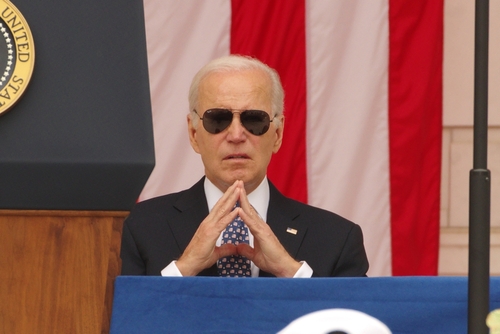
USAID foreign aid programs cut by Trump administration
Listen To Story Above
Secretary of State Marco Rubio announced a major restructuring of USAID on Monday, resulting in the termination of 83% of the agency’s directly funded and administered programs.
Taking to social media, Rubio outlined the latest phase in the Trump administration’s efforts to reform government institutions, following an extensive six-week program review. He shared the decision through a detailed statement:
> After a 6-week review we are officially canceling 83% of the programs at USAID.
USAID: Was ActBlue just a money laundering operation to funnel USAID money to Democrats? Why did its small dollar donation evaporate as soon as USAID funding was cut off? Why did the top seven execs just resign? pic.twitter.com/Xn2tAuRlFN
— @amuse (@amuse) March 9, 2025
The 5200 contracts that are now canceled spent tens of billions of dollars in ways that did not serve, (and in some cases even harmed), the core national interests of the United States.
In consultation with Congress, we intend for the remaining 18% of programs we are keeping (approximately 1000) to now be administered more effectively under the State Department.
Thank you to DOGE and our hardworking staff who worked very long hours to achieve this overdue and historic reform.
This announcement follows last month’s actions where the administration placed numerous USAID direct-hire employees worldwide on leave, retaining only essential personnel while others faced termination or administrative leave. Initially, the agency announced plans to eliminate 2,000 U.S.-based positions, though this figure was later adjusted to 1,600 affected employees.
Stephen Miller just went OFF
"USAID IS UNELECTED! THE FBI IS UNELECTED! THE CIA IS UNELECTED!" pic.twitter.com/dCBgT2LRSx
— Jack Poso 🇺🇸 (@JackPosobiec) February 7, 2025
The decision gained legal backing when a Trump-appointed judge upheld the administration’s authority to place thousands of workers on leave for reviewing U.S.-backed foreign assistance programs.
During fiscal year 2023, USAID managed a budget of $72 billion in taxpayer funds, supporting various international initiatives. These ranged from healthcare programs in Guatemala to social media education in Kazakhstan, health initiatives in Mozambique, and employment programs for LGBTQI+ individuals in Serbia.
The agency’s track record includes allocating over $3 billion to Mexico since 2008 for combating drug cartels responsible for trafficking dangerous substances like fentanyl into the United States. Despite this substantial investment, the cartels have continued to grow in strength and influence.




